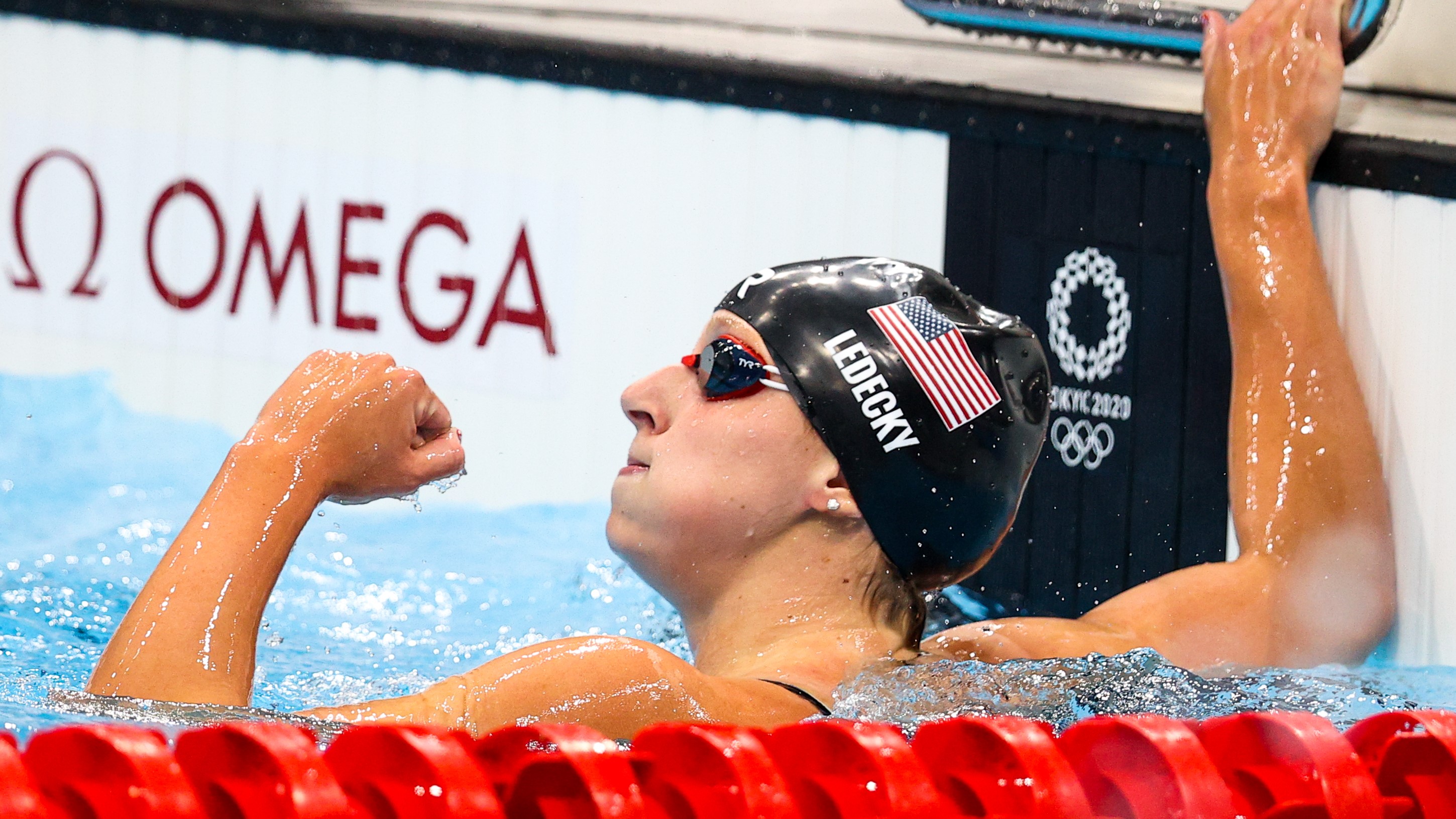NBC Issuing Make Goods as Olympic Ratings Fall Short
Network points to metrics showing ad impact

The smarter way to stay on top of broadcasting and cable industry. Sign up below
You are now subscribed
Your newsletter sign-up was successful
With no fans in the stands, and a lower-than-expected number of people tuning in on television, NBCU is giving make-good commercials to marketers who spent more than $1.2 billion to advertise during the Tokyo Olympics.
“NBC was very proactive. Major advertisers received packages prior to the game in anticipation of a ratings slide,” said one media buyer.
“We are confident we will be able to deliver on the plans we put out for our partners,” said an NBCU spokesman.
The games have been hurt by COVID, which has affected some athletes, a worrisome performance by the U.S. men’s basketball team and by the gymnastic star Simone Biles’ decision to withdraw from some events.
Also Read: NBCU Plans Record 7,000 Hours of Olympic Programming
TV viewership for the opening ceremony was down 36% from the Rio games in 2016. NBC said just 15.3 million people watched its primetime coverage on Saturday but that viewership rose to 19.8 million viewers on Sunday.
Networks set aside ad inventory in case they need to issue make-good commercials to cover under delivery. If ratings are as strong as estimated, those ads get sold at the last minute.
The smarter way to stay on top of broadcasting and cable industry. Sign up below
“NBC might have been overly optimistic considering all of the headwinds facing these games, but consumers are a tough bunch to predict, and I think the perfect storm of negativity surrounding these games has left people losing interest,” said another buyer.
Also Read: NBC Again Gives the Tokyo Summer Olympics TV’s Biggest Promo Push
NBC points to an increase in streaming, which gives a chance to watch events that appear in prime time earlier live, or later on demand. Viewers have streamed 735 million total minutes of Tokyo Olympics content – up 24% from the comparable time period for the 2016 Rio Olympics and 41% from PyeongChang in 2018.
Some of that viewing is on Peacock, which didn’t exist four year ago.
Also Read: Peacock’s Olympics Plans Include Kevin Hart, Snoop Dogg, Kenny Mayne
All that streaming creates more opportunities for consumers to watch Olympic content, and more opportunities for NBCU to run ads.
NBCU sold Olympic advertising across all of its platforms, which means that for many advertisers, shortfalls in TV impressions can be made up through online or streaming.
In addition to audience delivery, NBCU also sold a good portion of its Olympics packages promising that campaigns would have a certain level of impact on consumers. NBCU points to a number of statistics to show that the Olympics are delivering for marketers.
Based on data from iSpot.TV, NBCU said that viewers were paying close attention to ads during the opening ceremony, posting a 61% higher attention index than other media options.
During the ceremonies, brand recall was up 39% and message memorability was up 31% versus the 2106 game, according to a study by Phoenix MI. Ad likability was up 50%, the study found.
Data from EDO found that viewers were 35% more likely to search for brands that advertised in the primetime Olympic opening ceremonies versus other viewing choices.
NBCU is sending a daily report on campaign performance to each of the record 140 national advertisers in the games.
“Enjoying the Games is not a linear sprint, but a multi-screen relay—and we know our platform will deliver for advertisers in delivery and impact,” said Mark Marshall, president, advertising and partnerships, NBCU. “Our teams are speaking to our partners every single day to ensure we help them achieve their goals throughout the Games.”
Jon has been business editor of Broadcasting+Cable since 2010. He focuses on revenue-generating activities, including advertising and distribution, as well as executive intrigue and merger and acquisition activity. Just about any story is fair game, if a dollar sign can make its way into the article. Before B+C, Jon covered the industry for TVWeek, Cable World, Electronic Media, Advertising Age and The New York Post. A native New Yorker, Jon is hiding in plain sight in the suburbs of Chicago.

